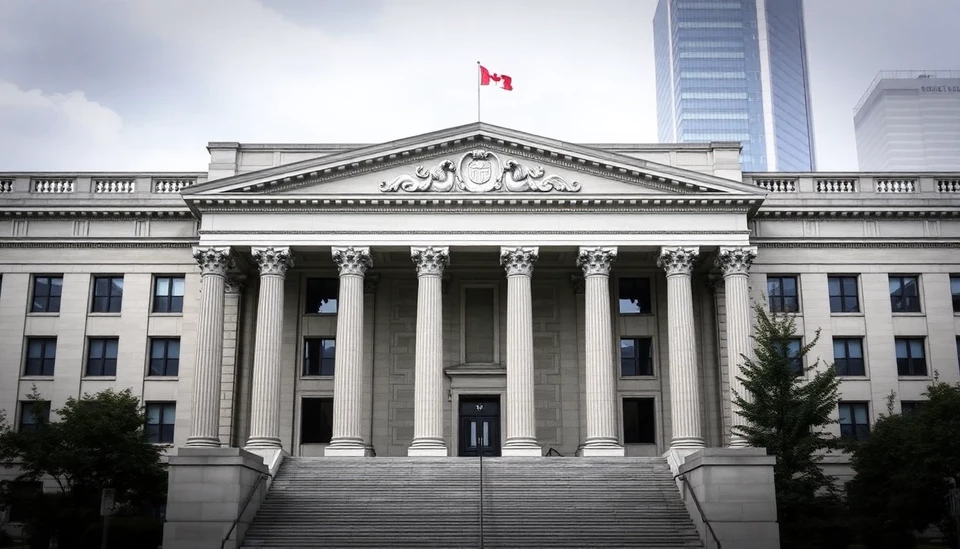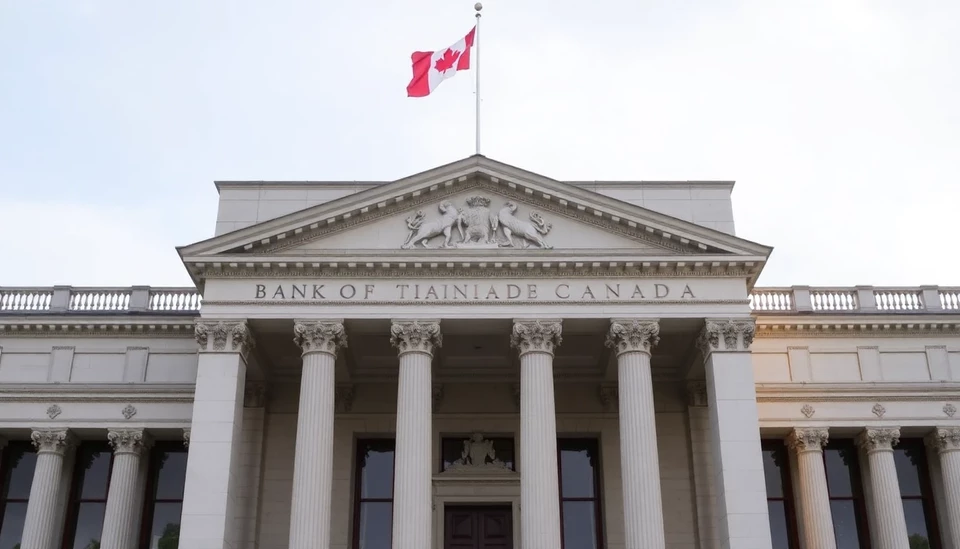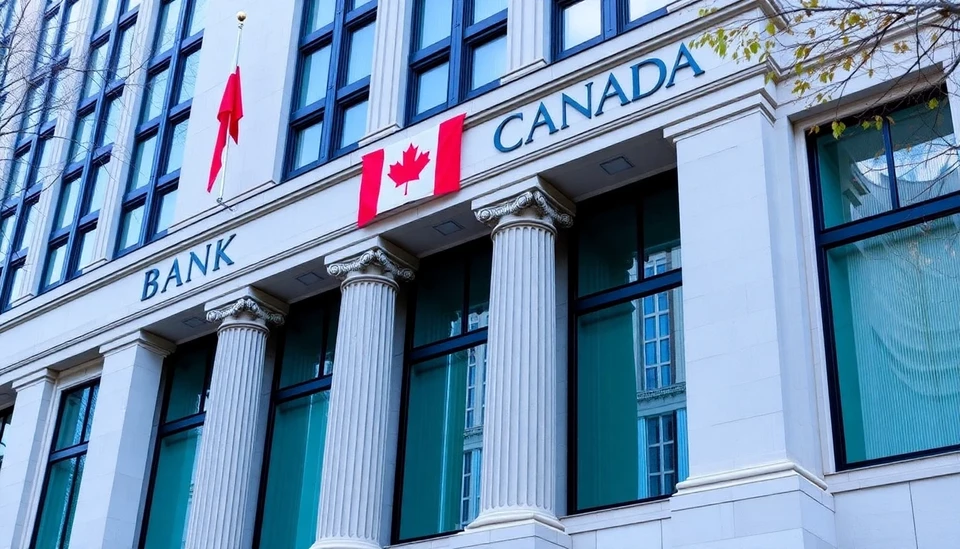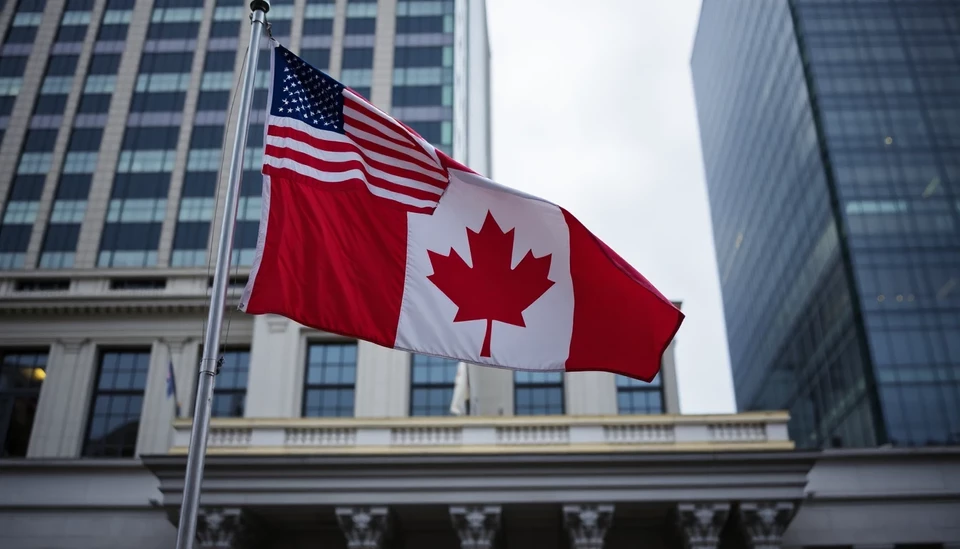
A significant shift in Canada’s economic landscape is anticipated as a former Bank of Canada official forecasts a rise in the benchmark interest rate to 2.75%. This potential increase comes amid growing concerns about inflationary pressures and the overall health of the economy. Analysts and economists are closely monitoring the situation, as the Bank of Canada has been implementing measures to combat soaring prices that have been affecting consumers and businesses alike.
The ex-official, who requested to remain anonymous due to the sensitivity of the topic, suggests that the current trajectory of economic indicators and inflation data are compelling enough to warrant such a drastic move. This perspective has garnered attention from financial markets, with many investors starting to price in this potential rate hike in their forecasts.
Investors are particularly wary as the Bank of Canada has recently signaled that it is prepared to alter its monetary policy to address rising inflation, which has consistently surpassed the central bank's target. The discussions revolving around whether the rate hike will occur sooner rather than later underline the urgency with which policymakers are approaching this issue. Should the rate increase occur, it would mark a crucial turning point for Canada's economic landscape, impacting borrowing costs, consumer spending, and overall economic growth.
The former official’s prediction is also reflective of escalating discussions within economic circles about how high inflation can effectively be managed. As inflation rates remain above the 2% target goal established by the Bank of Canada, it becomes increasingly viable to contemplate a series of increases in the key interest rate. Market analysts suggest that such a tactical approach is necessary to safeguard the economy's integrity against potential overheating.
Furthermore, stakeholders in the housing market are closely observing these developments, as higher interest rates typically lead to increased mortgage costs, which in turn could dampen housing demand. The reverberations of rate adjustments could extend beyond real estate, affecting a range of sectors sensitive to consumer spending and investment flows.
In conclusion, the prospect of an interest rate hike to 2.75% raises important questions regarding Canada’s economic strategy moving forward. With inflation at the forefront of discussion, the Bank of Canada is at a crucial juncture, where decisive action may be essential to navigate the complexities of current economic challenges.
As the situation develops, it will be vital for all stakeholders—including consumers, businesses, and policymakers—to stay informed and prepared for the potential impacts of these changes on the Canadian economy.
#BankOfCanada #InterestRate #Economy #Inflation #Finance #CanadaEconomy #EconomicForecast
Author: Daniel Foster




